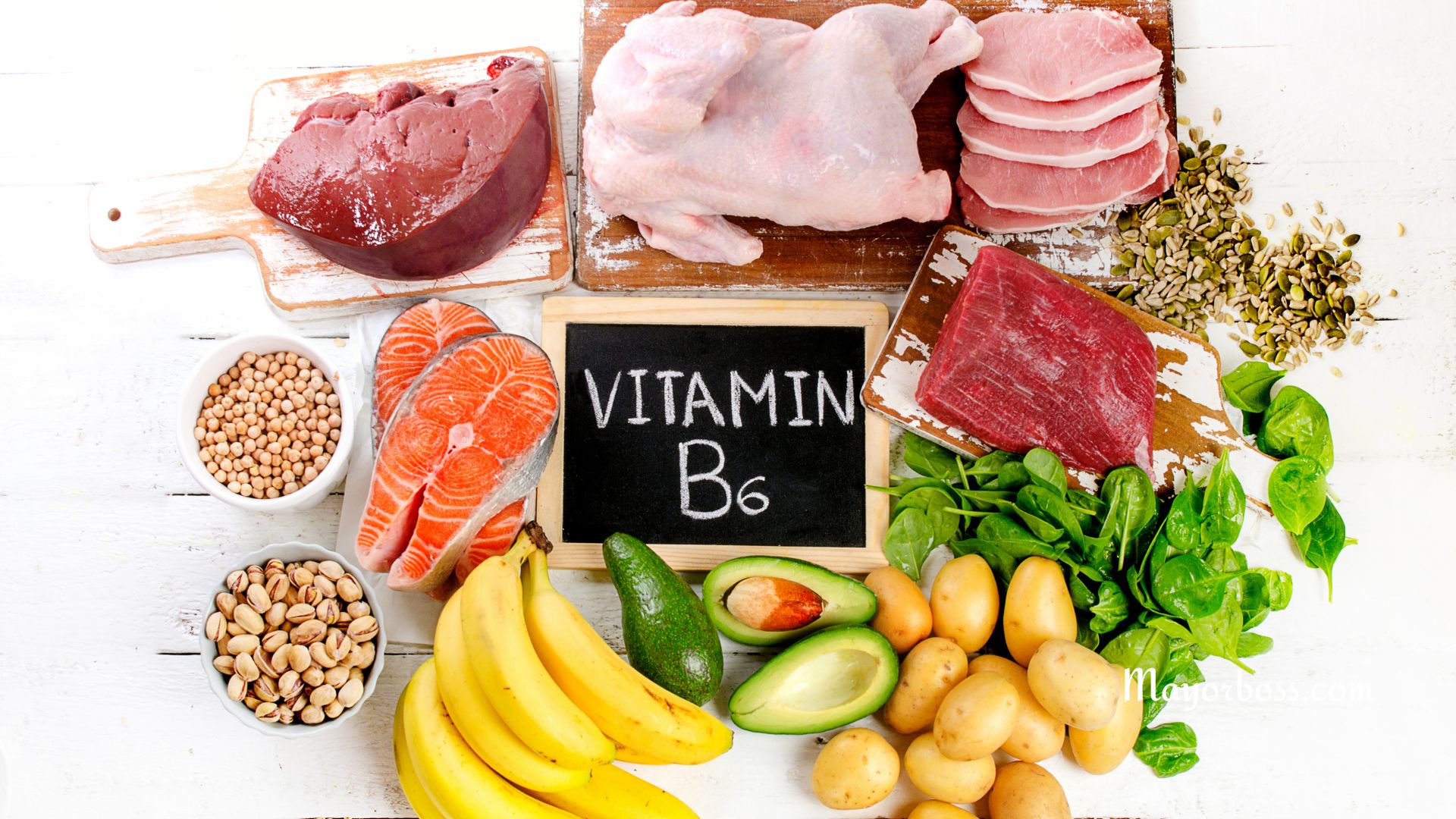4 Benefits of Vitamin A
This article will help you understand what Vitamin A is, its functions, and its sources. We’ll also explore its benefits and precautions to consider.
What is Vitamin A?
Vitamin A, a fat-soluble vitamin, plays a crucial role in many bodily functions. It helps maintain healthy vision, supports the immune system, and contributes to cell growth.
Now, let’s dive into how you can obtain this essential nutrient.
Obtaining Vitamin A
You can get Vitamin A through diet, supplements, or fortified foods. Some examples of Vitamin A-rich foods include:
Incorporating these foods into your meals will ensure you’re getting adequate Vitamin A.
Specific Benefits of Vitamin A
Improved Vision
Vitamin A supports healthy vision by maintaining the retina’s light-sensitive cells. This means you’ll see better in dim light.
Enhanced Immunity
Your immune system needs Vitamin A to function properly. It helps protect you from infections and diseases.
Healthy Skin
Vitamin A contributes to skin cell growth and repair. Consequently, it keeps your skin looking young and healthy.
Strong Bones
Vitamin A is essential for bone growth and remodeling. It helps maintain bone strength as you age.
Precautions and Warnings
While Vitamin A is important, excessive consumption can lead to health issues. High doses may cause nausea, dizziness, and even organ damage. I recommend you consult a healthcare professional before starting a Vitamin A supplement.
Recommendations for Specific Audiences
Pregnant women should be cautious with Vitamin A, as excessive intake may harm the developing fetus. Consult your doctor for guidance on appropriate Vitamin A levels during pregnancy.
Frequently Asked Questions about Vitamin A
The daily recommended intake of Vitamin A varies depending on your age, sex, and life stage. For adult men, the daily requirement is 900 micrograms (mcg) of retinol activity equivalents (RAE), while adult women need 700 mcg of RAE.
Yes, excessive consumption of Vitamin A can lead to toxicity, called hypervitaminosis A. Symptoms include nausea, dizziness, and even organ damage. It’s crucial to stay within the recommended intake levels to avoid these adverse effects.
Vitamin A exists in two forms: preformed Vitamin A (retinol) and provitamin A (carotenoids). Preformed Vitamin A is significantly found in animal products like fish and dairy, while provitamin A is found in plant-based foods like fruits and vegetables. Both forms contribute to meeting your Vitamin A needs.
Yes, a well-planned plant-based diet can provide sufficient Vitamin A. Foods like sweet potatoes, carrots, and spinach are excellent sources of provitamin A. Remember to consume a variety of these foods to ensure adequate Vitamin A intake.
Further reading: 5 Signs That You Might Not Be Getting Enough Vitamin A






